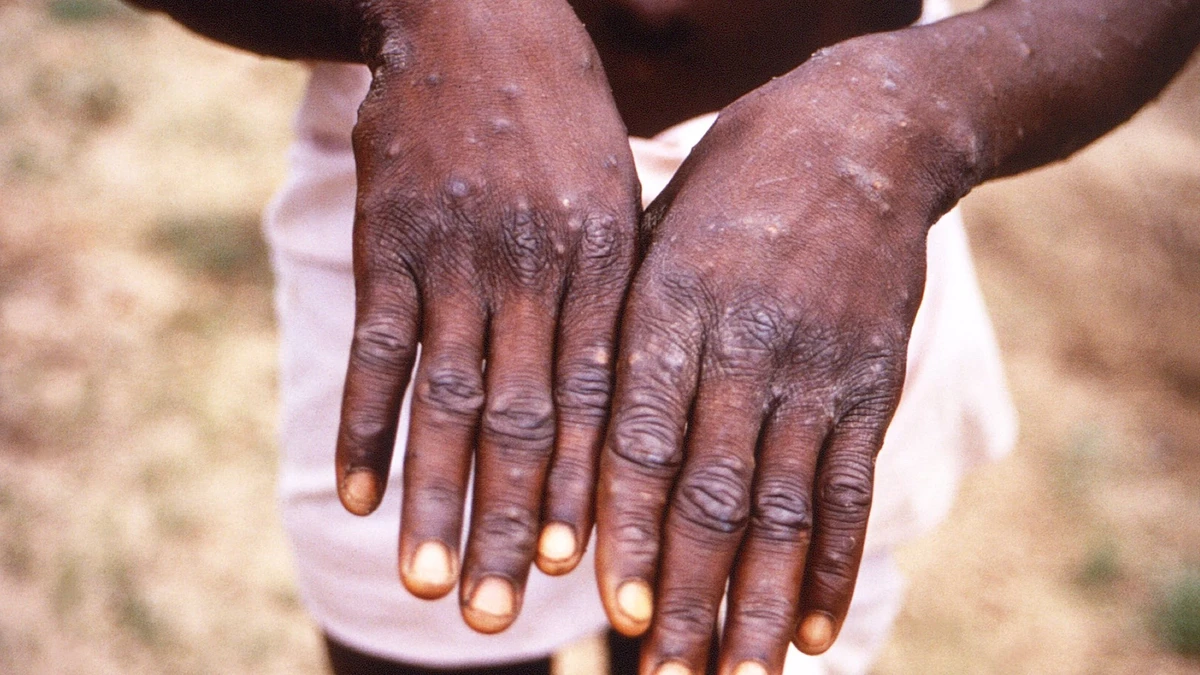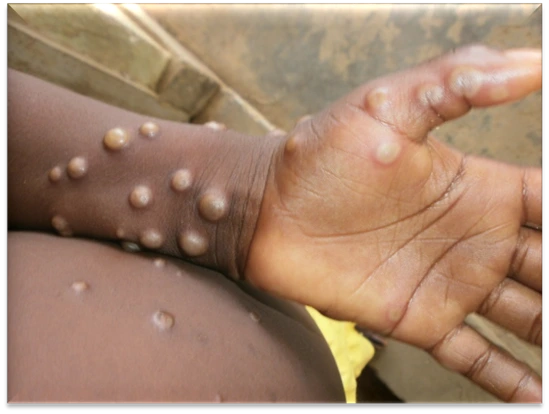With 3,417 confirmed monkeypox cases reported across 58 countries, World Health Network (WHN), on Thursday, announced that they are declaring the current outbreak a pandemic. Viral diseases that cause flu-like symptoms and skin lesions are endemic in parts of Africa, with more than 1,500 suspected cases on the continent since early 2022, 66 of which are fatal.
As sudden anomalous events spread internationally, most health professionals agree that monkeypox technically meets the WHO-defined criteria for emergencies.
It is notable that only six such emergencies have previously been declared – Covid-19 (2020), the Ebola outbreak in the Democratic Republic of Congo (2019), Zika virus (2016), polio (2014), West Africa`s Ebola outbreak (2014), and the H1 virus that caused an influenza pandemic (2009).
The WHN has called for immediate action by the WHO and national Centers for Disease Control and Prevention organisations to prevent monkeypox becoming a disaster.
“The WHO needs to urgently declare its own Public Health Emergency of International Concern (PHEIC) — the lessons of not declaring (Covid-19) a PHEIC immediately in early January 2020 should be remembered as a history lesson of what acting late on an epidemic can mean the world,” said Erix Feigl-Ding, PhD, Epidemiologist and Health Economist, and co-founder of WHN, in a statement.
“There is no justification to wait for the monkeypox pandemic to grow further. The actions needed now only require clear public communication about symptoms, widely available testing, and contact tracing with very few quarantines. Any delay only makes the effort harder and the consequences more severe,” added Yaneen Bar-Yam, PhD, President of New England Complex System Institute and co-founder of WHN.
Last week, WHO Director-General Tedros Adhanom Ghebreyesus described the recent monkeypox epidemic identified in more than 40 countries, mostly in Europe, as “unusual and concerning.” Monkeypox has sickened people for decades in central and west Africa, where one version of the disease kills up to 10% of people.
“If WHO was really worried about monkeypox spread, they could have convened their emergency committee years ago when it reemerged in Nigeria in 2017 and no one knew why we suddenly had hundreds of cases,” said Oyewale Tomori, a Nigerian virologist who sits on several WHO advisory groups. “It is a bit curious that WHO only called their experts when the disease showed up in white countries,” he said.
For all the news update subscribe our YouTube channel ‘DNP India’. You can also follow us on FACEBOOK, INSTAGRAM and TWITTER.










